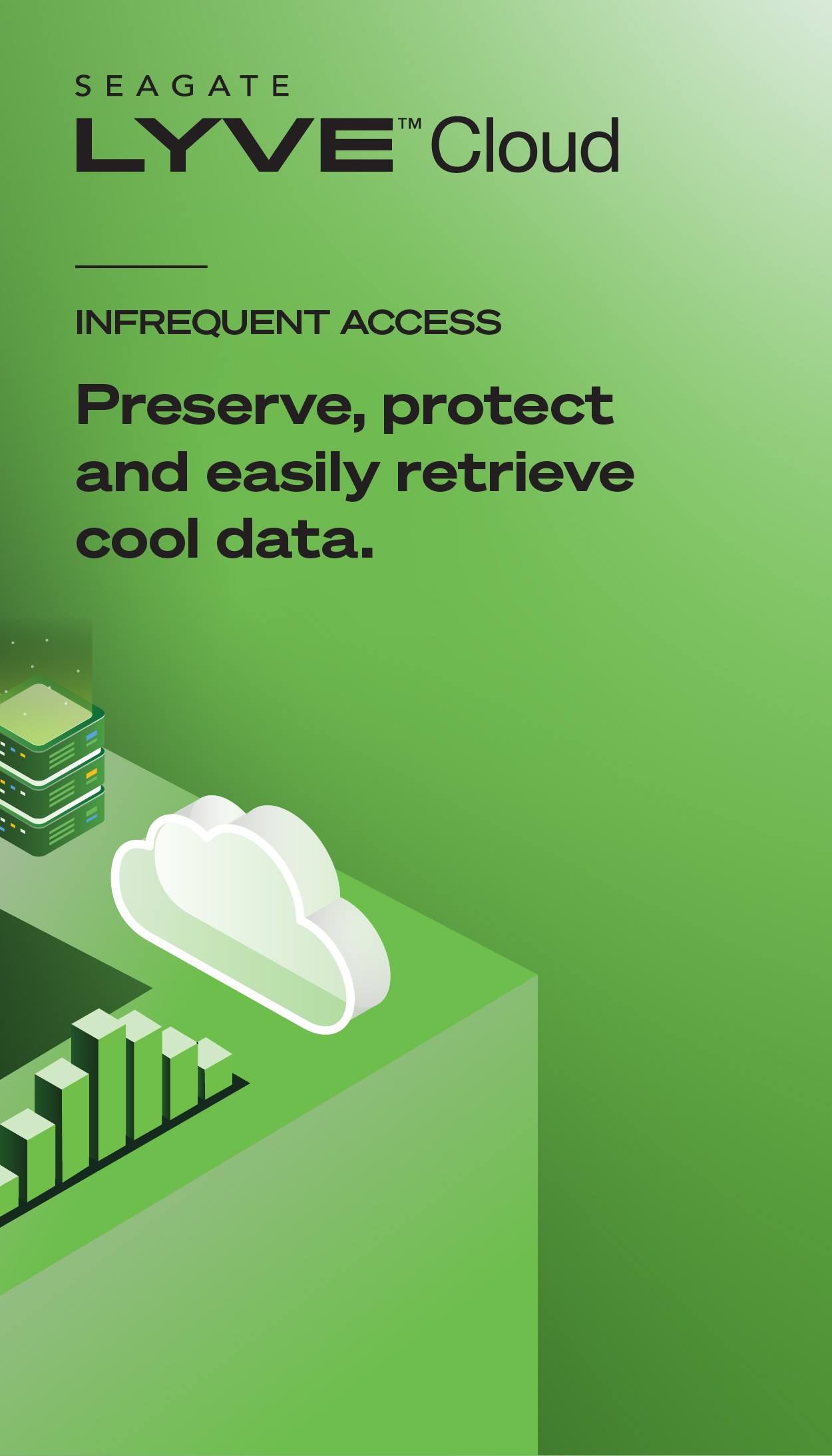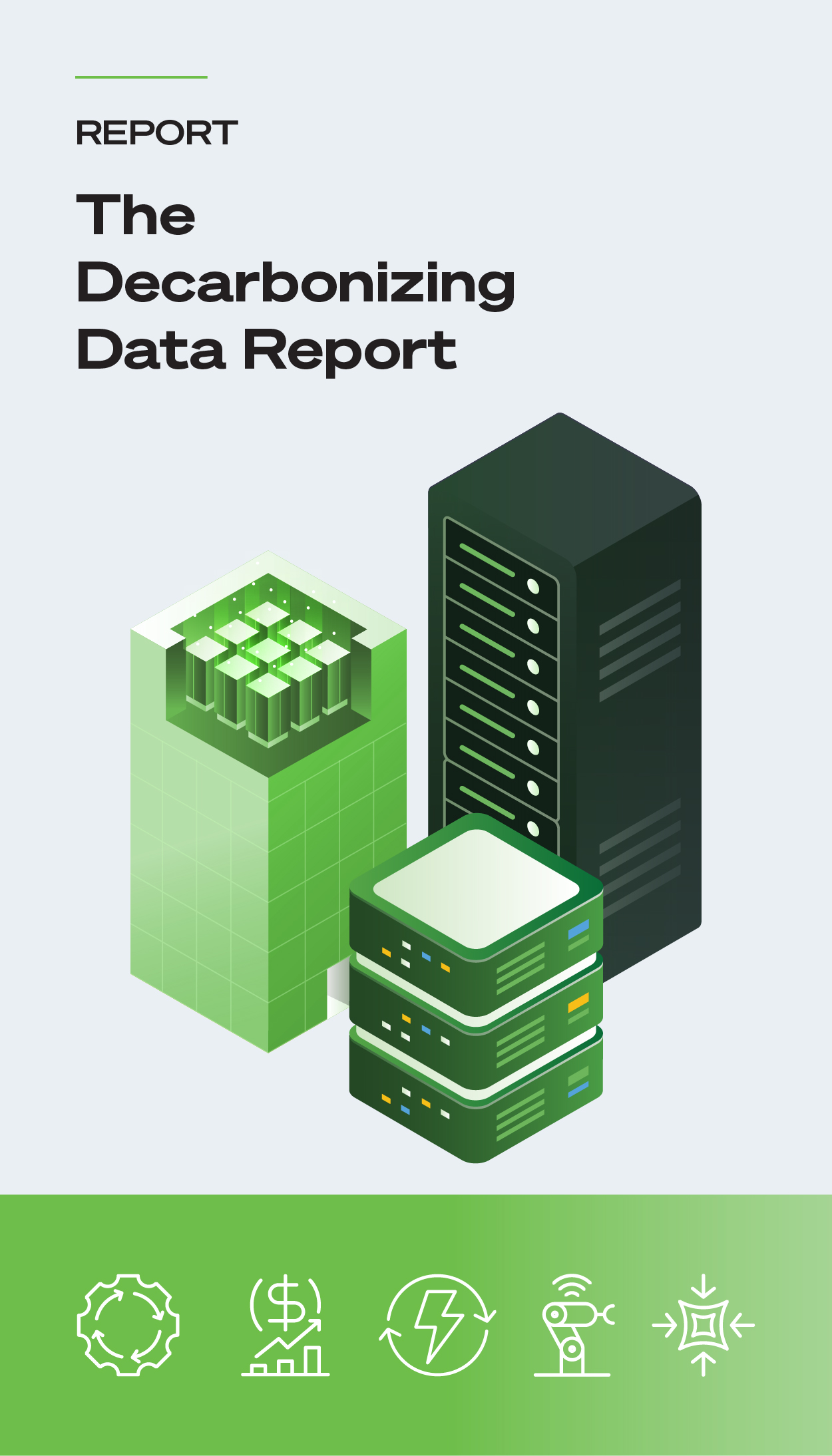Cloud-based architecture offers businesses a powerful alternative to in-house data management systems. With the cloud, users can securely store and share their valuable data in remote locations, allowing them to take advantage of outsourced computing and support solutions.
This approach is essential for:
- Simple, cost-effective solutions
- Scaling operations
- Saving resources
- Supporting business continuity and disaster recovery
While the cloud has become an essential part of modern business, control over data with cloud solutions can prove challenging when working with multiple vendors.
Successful multicloud deployments offer practical cloud-based systems for enterprises to confidently create, store, and share important assets across their organization.
What Is a Multicloud?
Multicloud relates to deploying multiple cloud environments (public or private) from more than one cloud vendor. Note: this is when you use more than one of the same architecture.
So with mutlicloud, you can have two private clouds from two different vendors. Or, conversely, two public clouds from two different vendors, which can be competing providers.
According to IDC analysts from the Rethink Data report, in both these contexts, multicloud encompasses a much larger universe than does hybrid cloud—and it’s only gated by the cost and complexity associated with enabling consistent management and governance of many different cloud options.
For example, an enterprise infrastructure may use one public cloud combined with another public cloud and a private cloud. It combines services and resources from multiple cloud providers to increase the flexible use and availability of various applications and services, such as software as a service, compute as a service, storage as a service, infrastructure as a service, and platform as a service.
Combining two environments offered by two different vendors allows you to deliver added features that your customers need. For example, Lyve Cloud can be partnered with Cohesity to enhance each platform’s existing features. Lyve Cloud delivers cost-effective scalability and Cohesity offers a strong, reliable disaster recovery product.
What Is the Difference Between Multicloud and Hybrid Cloud?
The primary difference between hybrid cloud and multicloud comes down to the types of cloud environments being used.
As mentioned, multicloud uses more than one of the same environments (public or private). Hybrid clouds can use one public and one private as a part of the greater infrastructure. Depending on how you choose to structure your cloud combination, you’ll either have a hybrid cloud or a multicloud.
Leveraging multiple clouds has become increasingly popular amongst enterprises as it offers customization to its needs.
By integrating multiple providers across a single channel, users have access to their data whenever they need it.
Multicloud vs. Public and Private Cloud
In the past, discussions of cloud deployments were simply a matter of using private vs. public data storage solutions. However, as cloud-based technologies have matured, integrated software and APIs have given users access to data storage capabilities that span as many cloud storage providers as they need for successful data management.
While the public cloud provides remote storage for businesses that can be located across multiple regions or geographical locations, the private cloud is limited to only one or a few locations that can be maintained by internal investment.
Combining both the public cloud and private cloud offers the flexibility of a hybrid deployment. Utilizing more than one cloud service provider for public cloud storage is considered to be a multicloud deployment.
Why Use Multicloud?
Multicloud provides the ability to match solutions to business and organizational needs, combining the scalability and flexibility of various public cloud services with the predictable economics of scale that private cloud can provide.
A multicloud strategy allows businesses to remain flexible with their IT architecture while customizing it to their needs. Multiclouds can help organizations reduce the total cost of ownership (TCO) of their IT infrastructure by selecting the most appropriate combination of private and public cloud models to meet their needs.
Advantages of Multicloud
There are many advantages to multicloud deployments. Businesses that use the cloud but want more features or benefits from their providers can leverage multicloud deployments to meet their needs.
What is a multicloud for your business? With more services and features, a wider range of options, reliable support, less upfront commitment, and fewer costs, businesses have a lot to gain when distributing their cloud-based needs across multiple services.
Services and Features
Public clouds offer a broad catalog of services that include applications, compute, and monitoring resources. Multiclouds give businesses the option to select among cloud providers the specific services and features they need, and to switch to new cloud providers when new features are added to optimize for the apps or services they're running. Speed, capacity, cost, and security all factor into the choice of cloud providers.
Flexibility
The multicloud features the ability to quickly turn on high-performance compute that would be unaffordable in most private clouds. Access to public cloud services that meet a specific need means businesses can rent them, solve a puzzle, and be done with them without leaving them to sit idle. Access to public cloud compute means maximum compute horsepower that enables efficient growth and elimination of stranded resources.
Scalability
In a multicloud strategy, different cloud-based services can be disaggregated and decoupled to be treated individually, allowing organizations to customize their tech stack as appropriate. Organizations can then provision services on demand based on need. With appropriate public cloud services in place, enterprise teams can build and deploy an application or service in a common environment and start to benefit from the resulting revenue stream without an investment in CapEx to do so globally.
Reduced Latency
Multicloud enables data managers to avoid or solve latency issues introduced by cloud systems that are not located nearby, which is accomplished by implementing appropriate cloud services and private clouds via colocated or physically closer data centers. Planning for physical proximity between private clouds and cloud services—reducing the distance between integrated computing, storage, and networking solutions that make up the multicloud—decreases latency.
Cost
Moving to multicloud lowers cloud TCO for organizations because of the combination of solutions that can be created. Organizations have the flexibility to negotiate more competitive deals with the individual public cloud providers that make up their multicloud, and to deploy private cloud infrastructure for predictable economics in cases where more control over data or infrastructure will yield savings.
Redundancy
Multiclouds provide businesses with redundancy so they can make sure their data is safe. This ensures access to data for multiple purposes and provides insurance against interruptions to availability. Businesses can reduce the potential for operational disruptions, ensuring continuous service to users.
Avoiding Vendor Lock-in
Multiclouds eliminate reliance on any single cloud provider, giving organizations the freedom to customize their cloud tech stack based on the solutions that meet their requirements—no matter the provider. This helps reduce issues and costs around data being trapped within the structure of a single vendor.
Security and Policy Compliance
Selecting cloud providers based on geography for some storage or application functions enables data managers to adhere to local policies that require certain data to be physically present within that country or jurisdiction.
Adding a private cloud as part of the multicloud may be useful for certain situations in which IP ownership, protection, and control of where that data physically resides is central—for example, in cases of data that needs a clear audit trail.
What Industry Is Multicloud Used for?
Companies looking for better applications for managing their data can use the cloud to improve their core business models. Cloud-based deployments offer many benefits to organizations that use data for core services and operations.
- Supporting Business Growth: A multicloud strategy can help an enterprise handle growth because it is designed for rapid scalability. Multiclouds can offer access to a growing ecosystem of applications, data, and computing power.
- Accelerating Data Development: Multicloud can facilitate the ability to clone and create large data sets. A multicloud can, for example, be used with advanced virtualization technologies, such as containers. Using multiple clouds can be beneficial for building, testing, and deploying applications into production.
- Handling Distributed Data: A distributed data base in a multicloud environment can enable data managers to make that data available to all the systems that need it. Data can be created, replicated, used, and deleted within any part of the multicloud.
- Maintaining Speed in Factory Robotics: Certain smart factory capabilities, such as analyzing sensors that provide data on the efficiency of robotic arms, are controlled by data analytics. Locating private cloud infrastructure on or near the factory site provides real-time analysis and feedback.
- Incorporating Legacy Services via API: Multiclouds can work with legacy applications and systems by incorporating an API layer between the new cloud service handling the workflow and the legacy technology. Cloud providers are already set up for API use, and the transition can be sped up by multiclouds.
Multicloud offers powerful solutions for businesses in industries such as marketing, IT, finance, and banking. There are limitless opportunities for businesses that choose multicloud for their data management solutions.
Multicloud and Security: Is Multicloud Secure?
Businesses concerned with data security use multicloud solutions due to the added protection that a diverse range of cloud providers can offer. Multicloud architecture is more secure than single-cloud-based deployments as many providers offer tools that help users identify potential threats in real time.
Because they are using data across multiple locations, multicloud platforms are built with security in mind. This design means added peace of mind for users.
What Is Multicloud Management?
There are many tools and services available that can help enterprises manage their multiclouds.
Lyve Cloud offers easy-to-use and cost-effective multicloud data management. With Lyve Cloud, end users have access to frictionless cloud storage solutions that can be integrated across multiple providers for better security and less hassle.
Lyve is compatible with a variety of partners so that enterprises can easily enhance the effectiveness of cloud storage, backup, and data management efforts.
Lyve Cloud offers multicloud management solutions for businesses that rely on both the private and public clouds.
Learn more about Lyve Cloud object storage designed for multicloud.











